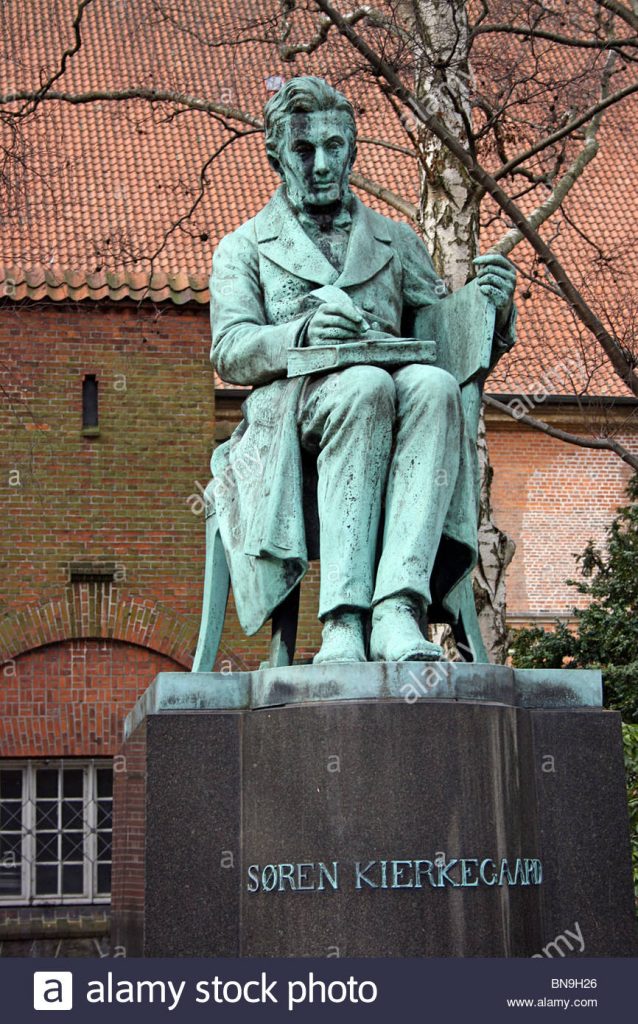My name is David Richman and I am a fourth-year double major in Philosophy and Political Science. My plan is to attend a doctorate program next year and attain a PhD in Philosophy and/or a PhDiv in Theology/Philosophy of Religion with the eventual goal of teaching at a university level–I am currently waiting for my admissions results as I’ve already submitted all of my applications. I am primarily concerned with topics in moral and political philosophy, existential phenomenology, theology as paradox, and the philosophies of Immanuel Kant and Søren Kierkegaard. My interests include reading (philosophy and theology), writing, and snowboarding.
My favorite book within the Humanities sequence thus far is Augustine’s Confessions. The Confessions explores topics such as introspection, guilt, sin, individuality, the nature of time, and so many more. It is complex, deep, thought-provoking, passion-provoking, and completely original (especially form a historical perspective). Augustine offers himself in such a bare and naked way, elucidating his inner struggles and relating his sense of isolation with being an Individual before God, that one cannot but be absolutely gripped by every word. Beyond mere passion and self-reflection, Augustine also philosophizes in a dispassionate manner on topics like time, where he espouses a systematic and defensible account of presentism (viz. that only and nothing but the present exists).
Below I’ve attached the statue of Søren Kierkegaard in the garden he used to visit often in Denmark. A fun fact about Kierkegaard is that, while he was the first existentialist, and literally invented the dialectical category of “the individual,” he used to walk around the streets of Copenhagen for up to four hours at a time, talking with every person he could. He was highly sociable (at least on the outside) and extremely funny–what made him first prominent in Denmark was his writing a satirical hit-piece on his own first published and pseudonymous work (Concluding Unscientific Postscript) in a newspaper in Copenhagen.

